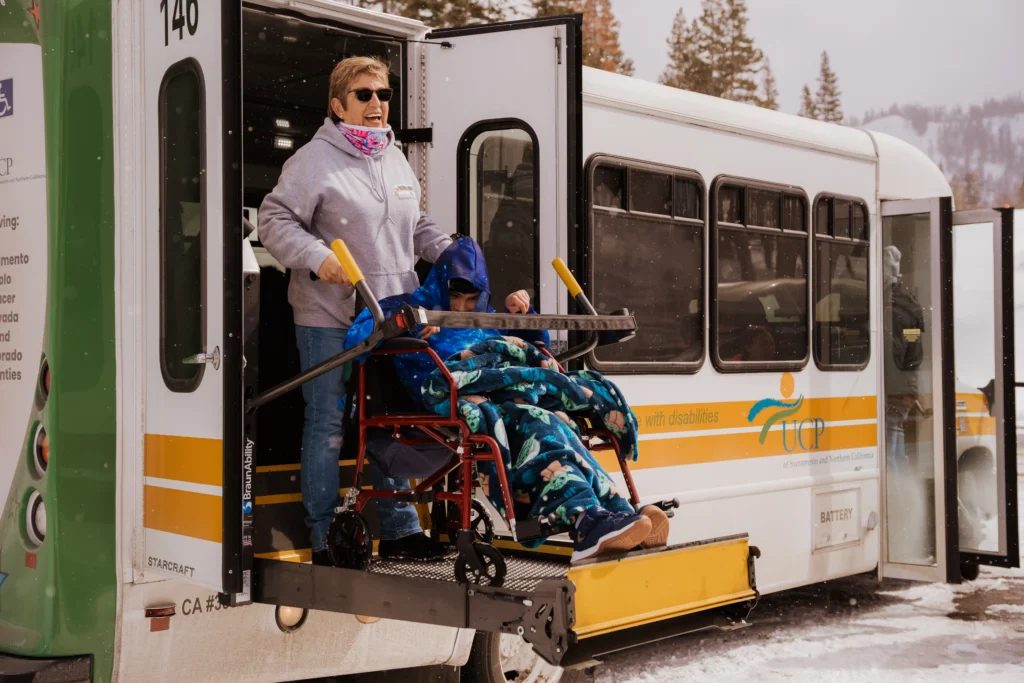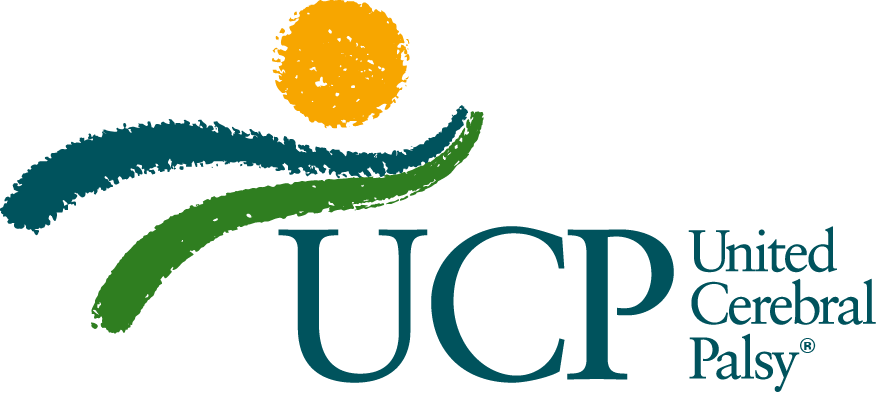Our Policy Priorities
Funding for cerebral palsy research.
Cerebral palsy is the most prevalent disability that receives no federal funding for research. One in 345 children in the U.S. is born with cerebral palsy. Congressman Steve Cohen (TN-09) has introduced the bipartisan Cerebral Palsy Research Program Authorization Act “to investigate the prevention, diagnosis, treatment and societal costs of cerebral palsy, the most prevalent life-long physical disability.” The bill would authorize “$5 million to the Center for Disease Control and Prevention (CDC) to establish a research program to focus on prevention, diagnosis, and treatment of cerebral palsy.”
Federal funding for home and community-based services.
Federal funding is direly needed for the recruitment and retention of direct support professionals who provide care and services for people with intellectual and developmental disabilities (IDD) across their lifespans. Nationally, available services are almost entirely funded by Medicaid, but the breadth of services available is sorely lacking. These services range from grocery shopping, job training, in-home therapies, housing assistance, and employment support. Home and Community-Based Services (HCBS) programs ensure people with disabilities live full and independent lives while encouraging community inclusion.
Medicaid buy-in programs with no asset limit.
Depending on the state, people with disabilities whose work income renders them ineligible for Medicaid can “buy-in” to Medicaid and pay premiums. 45 states offer such programs, but the asset limits are very low and often exclude all but low-wage or part-time workers. As a result, many people with disabilities must remain trapped in poverty so that they can keep their Medicaid coverage. Massachusetts and Arkansas offer Medicaid buy-in programs with no income or asset limits. Federal incentives for states to implement similar programs are desperately needed.
Additionally, the Public Policy Committee also supports the importance of collecting accurate and robust data across the board to better understand the needs of the disability community in each of these and related topics.

Photo courtesy of UCP of Sacramento and Northern California

